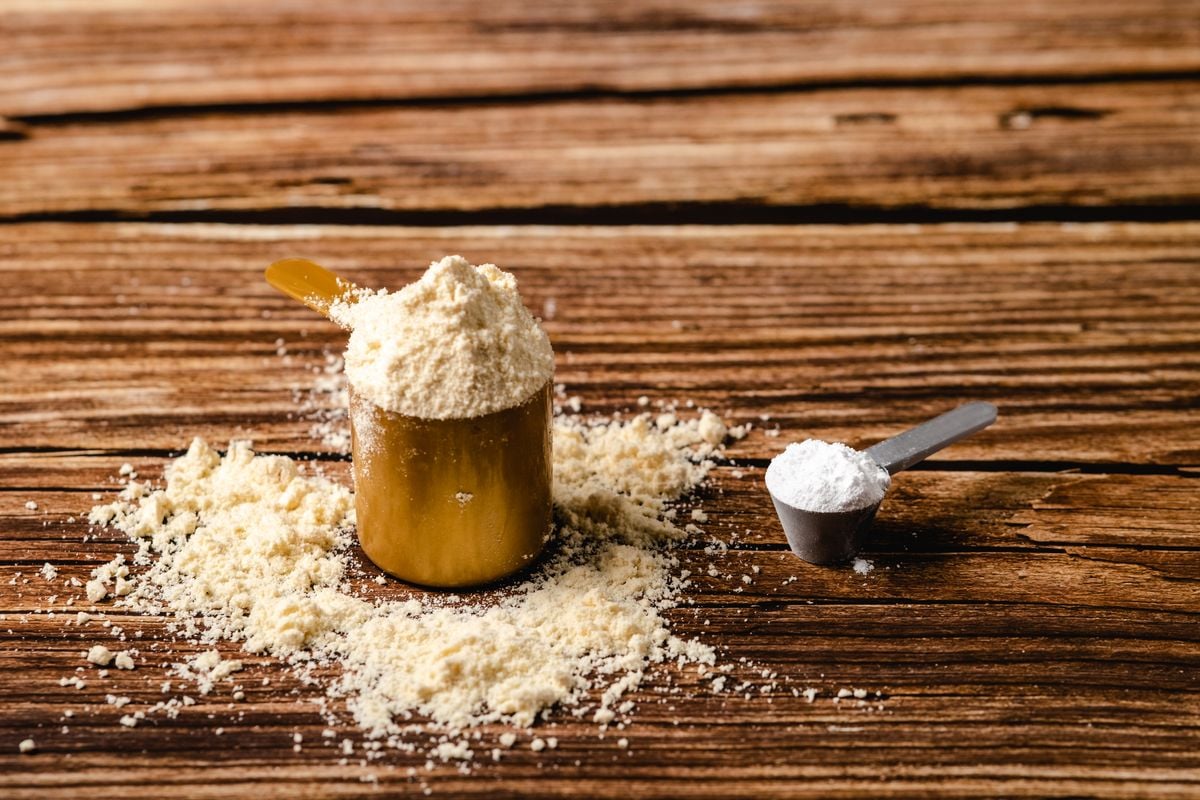Fitness seems to be on everyone’s mind right now. You’ve probably heard your gym friend talk about taking protein and creatine - two favorites for anyone trying to get swole. While creatine is best known for increasing strength, muscle mass, and performance, there's another conversation happening right now: its potential connection to depression.
What is creatine?
Creatine as a supplement usually comes as a powder, but it’s also naturally found in red meat, fish, and your own liver, kidneys, and pancreas.
Creatine's effects on the brain
Creatine helps your muscles generate quick energy, but your brain uses it too. That’s why researchers are looking into creatine’s role in focus, memory, and mood. It supports brain energy metabolism, and low brain energy has been linked to depression.
Some studies suggest creatine might boost the effects of antidepressants, especially in women and people with treatment-resistant depression. In a 2024 article from Philadelphia Integrative Psychiatry, Dr. David Danish explains that creatine may help stabilize neurotransmitters and enhance antidepressant response by increasing phosphocreatine in the brain, which helps with energy balance.
A 2012 study published in the journal American Journal of Psychiatry, led by Dr. In Kyoon Lyoo, found that women who added creatine to SSRI treatment saw a 32% drop in depression scores, compared to just 3% in the placebo group.
What was the dose?
The typical dose was 4–5 grams daily, with mild side effects like bloating or stomach discomfort. This is the same amount most athletes take.
One thing that makes creatine even more appealing? It’s cheap, widely available, and doesn’t require a prescription. Just make sure to talk to a healthcare provider before starting anything new, especially if you're dealing with mental health challenges.
Not a standalone treatment
That said, creatine is not a standalone treatment for depression. Experts stress that it should be viewed as a potential add-on, not a replacement for therapy, medication, or other evidence-based approaches.
,type=downsize)
